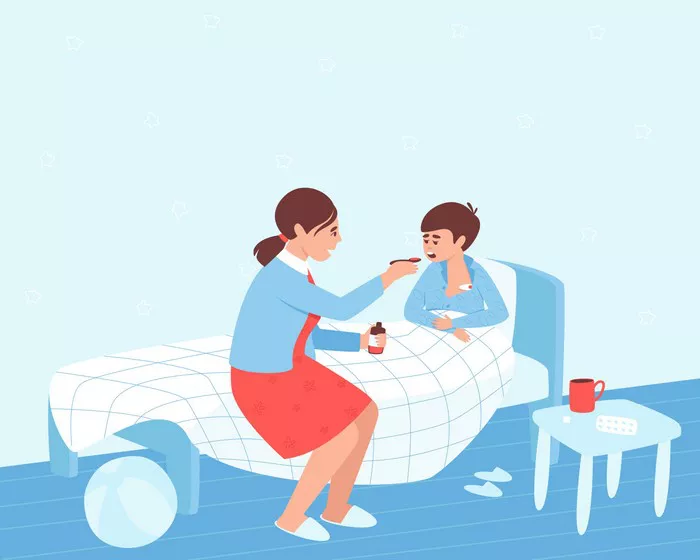A recent study published in The Journal of Allergy and Clinical Immunology has provided compelling evidence explaining why colds are more prevalent in winter months. Contrary to the old wives’ tale that simply being cold makes you sick, the research reveals a biological mechanism by which cooler temperatures weaken the immune response in the nasal passages, making it easier for viruses to take hold.
The study, conducted by researchers at Harvard Medical School and Northeastern University, focused on the role of extracellular vesicles (EVs)—tiny particles released by cells in the nose that play a key role in fighting off viruses. In warmer conditions, these EVs are abundant and effectively trap and neutralize invading viruses before they can infect cells. However, when temperatures drop, the number of EVs produced decreases significantly, leaving the nasal cavity more vulnerable to infection.
To test this, the team collected nasal tissue samples and exposed them to varying temperatures. At normal body temperature (37°C), the nasal cells released a robust swarm of EVs that attacked rhinoviruses on contact. But when the temperature was lowered by just 5 degrees Celsius, EV production dropped by nearly 50%, allowing viruses to replicate unchecked.
Dr. Benjamin Miller, the study’s senior author, stated, “This is the first concrete evidence that even a small drop in temperature in the upper airways can have a dramatic impact on our local immune defenses. It’s not just about being exposed to more viruses in winter—it’s that our bodies are less equipped to fight them off.”
The findings could lead to new preventive strategies, such as nasal sprays designed to boost EV production in cold weather. Additionally, the study underscores the importance of keeping the nasal passages warm during winter, whether through scarves or other protective measures.
Public health experts say this research also has implications for understanding seasonal outbreaks of other respiratory viruses, including influenza and COVID-19. If cold temperatures suppress immune function in the nose, it could explain why these illnesses peak in winter. Future studies will explore whether similar mechanisms affect the lungs and other parts of the respiratory tract.
You Might Be Interested In:
- Rise in Adult-Onset Food Allergies: Scientists Investigate Environmental Triggers
- FDA Proposes New Labeling Rules to Prevent Accidental Allergen Exposure
- Breakthrough in Food Allergy Treatment: Oral Immunotherapy Shows Long-Term Promise

